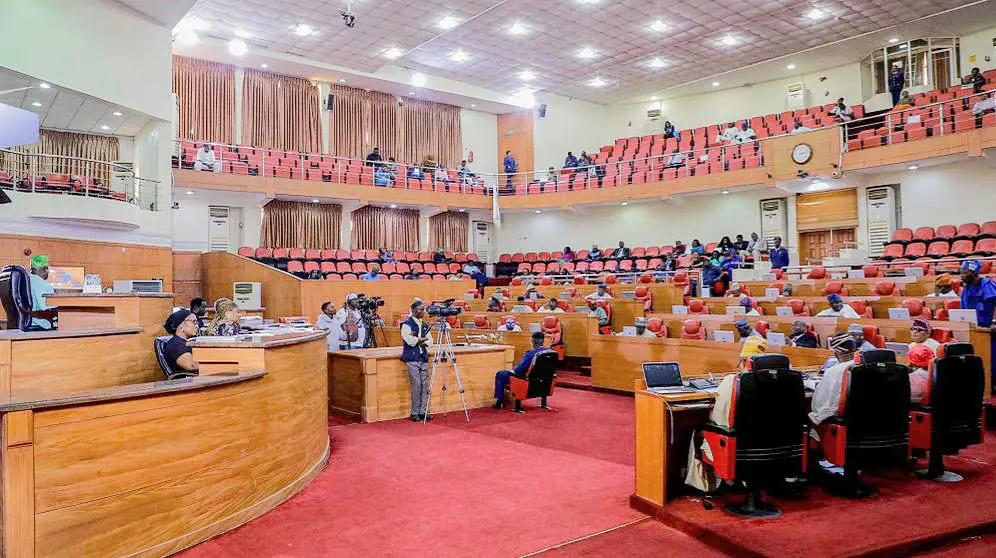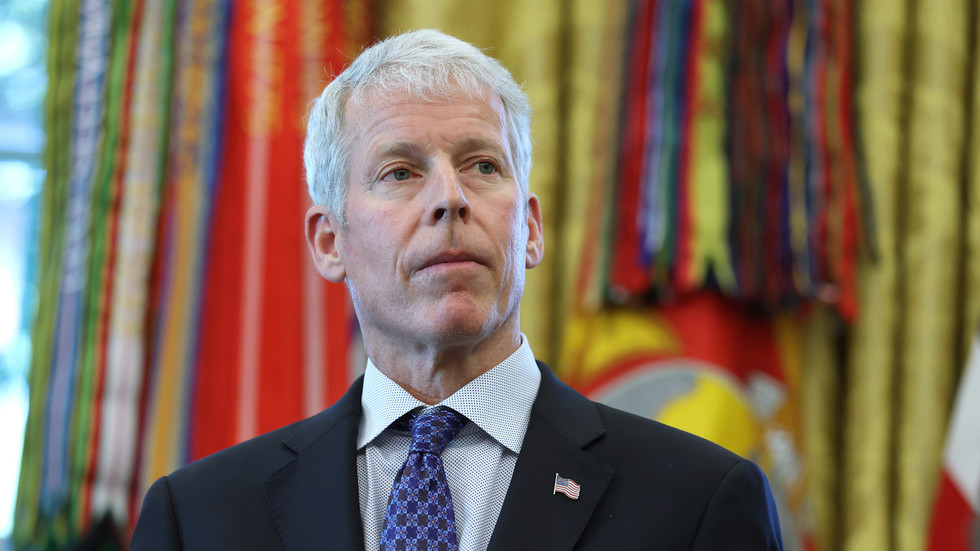Nigerian Leader Calls for Change: Former President Says Many Leaders Should Face Justice
In a stark commentary on the state of Nigerian leadership, a former president, Olusegun Obasanjo, has stated that many leaders in the country should be behind bars and gallows instead of holding public offices. Obasanjo made these remarks while addressing six members of the House of Representatives who are co-sponsors of bills proposing a single six-year term.
According to Obasanjo, Nigeria’s main problem lies in its leaders, and until the country tackles this issue, it will continue to experience instability and poor governance. "Our main problem is ourselves," Obasanjo emphasized. "And until we take care of ourselves, we may have one term of four years, one term of six years, one term of seven years, if it’s the same people and same mentality and way we do things, then it won’t change."
The former president cautioned that the country is sitting on a powder keg that could explode if it fails to take decisive steps to address its numerous challenges. He urged Nigerians to rethink the system and the form of government, but also emphasized the importance of considering the characters of those in government.
"With all due respect, most of them should be behind bars, some should even be in the gallows, and that is the truth," Obasanjo said. "Now if these are the people that are ruling us, then what do you expect? So, the point is the character of the people that are coming to the government. Their attributes, the sort of people they truly are."
Obasanjo advocated for a more thoughtful approach to leader selection, questioning what should be the character of a leader and what attributes they should possess. He also queried where these leaders come from and whether they serve as role models.
In his entourage were lawmakers Abdulmalik Danga from Kogi, Usman Midala from Borno, Matthew Nwogu from Imo, Peter Aniekwe from Anambra, Kama Nkemkanma from Ebonyi, and Ugochinyere Ikenga from Imo.
Obasanjo’s forthright comments have sparked discussions about the need for change in Nigeria, with many calling for leaders to be held accountable for their actions and for the country to adopt a more just and equitable system of governance.



